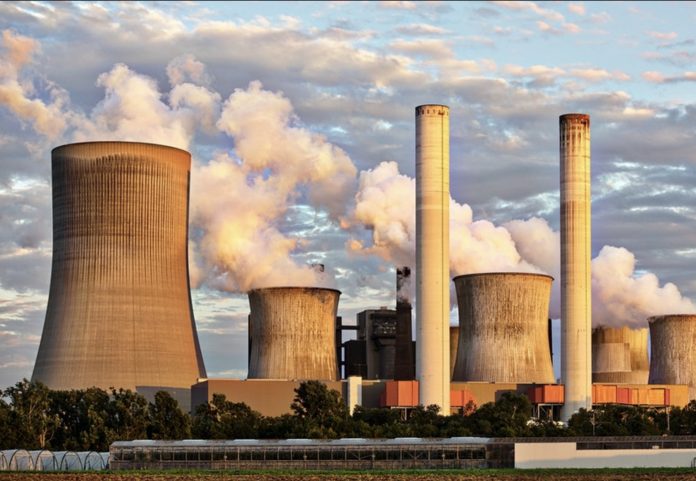Air pollution is a problem that central government has increasingly left to local authorities. This approach, on the face of it, makes sense – local authorities are better aware of the particular challenges faced by certain parts of the country. A rural area might face an entirely different form of the problem to an industrial estate adjacent to a busy intersection.
The importance of expertise
The symptoms of air pollution can also be alleviated through technological means. Odour control systems, such as those provided by ERG Air Pollution Control, help with composting, rendering and sewage operations, making life more bearable for local residents. Solid waste can be destroyed through incineration, which in turn can be used as a green means of energy production – but doing this without producing harmful air pollution is difficult and expensive.
Naturally, technology of this sort requires specialist knowledge and procedures to fully leverage. Thus local authorities will need to work alongside private-sector experts to effectively tackle to the problems.
Why is air pollution a problem?
According to Our World in Data, air pollution is among the most prevalent risk factors for death. In many low-income countries, it sits at the top of the pile, above even smoking, obesity, and high blood-sugar. But even in the UK, it’s the cause of almost 25,000 deaths each year. There’s some reason for optimism. The figure is down from around 37,000 in 1990, when figures first began to be collected, and thus progress has certainly been made. But there’s still a great deal to do.
DEFRA lists a range of different airborne substances as contributing to pollution. For example, an internal-combustion engine will spew out a cocktail of pollutants, including carbon monoxide, nitrogen oxide, particulates and volatile organic compounds.
What can local authorities do?
Among the most notable measures against air pollution are congestion charges. These tools are principally designed to reduce the time taken by individual journeys, but they have the desirable side-effect of limiting pollution.
Similarly, local councils might impose limits on the number of vans and lorries that can pass through a given location, which can be invaluable in cases where side-streets are being used as shortcuts. This is done through legal instruments called Traffic Regulation Orders. Imposing limits on emissions is something that’s principally done by central government. But enforcing those limits is something that local authorities can do through roadside emissions checks.
Of course, it isn’t just vehicles that are responsible for air pollution. The Clean Air Act 1993 allows local authorities to intervene whenever industrial premises are producing harmful fumes. Furnaces and chimneys need to be approved by local authorities, and the correct type of fuel needs to be used. The local authority is also charged with dispensing permits to small industry under the Industrial Emissions Directive. Without a permit, businesses of this kind cannot legally operate – which grants local authorities a huge say in the kind of pollutants that are released into the air in any given area.


































